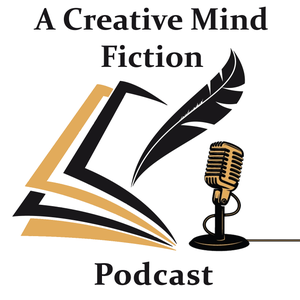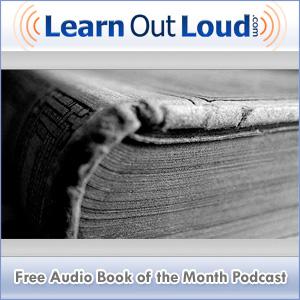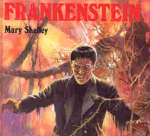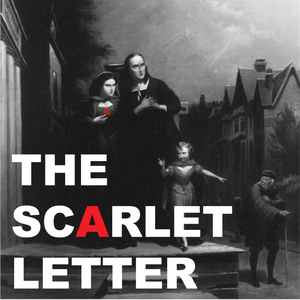🚀 From Google Podcasts to Moon FM in No Time: Your Hassle-Free Migration Guide
👉

Free public domain audio books, recorded via librivox.org, presented in chapter format.
 The Audiobooks.com Podcast | Let Us Tell You A Story
The Audiobooks.com Podcast | Let Us Tell You A Story
 A Creative Mind Fiction Podcast, Short Stories & Flash Fiction Audio Books by Carrie Zylka
A Creative Mind Fiction Podcast, Short Stories & Flash Fiction Audio Books by Carrie Zylka
 The Storyteller Podcast - Audiobooks by Adam James
The Storyteller Podcast - Audiobooks by Adam James
 Free Audio Book of the Month Podcast
Free Audio Book of the Month Podcast
 Frankenstein by Mary Shelly - The Audio Book
Frankenstein by Mary Shelly - The Audio Book
 "The Scarlet Letter" Audiobook (Audio book)
"The Scarlet Letter" Audiobook (Audio book)
Your feedback is valuable to us. Should you encounter any bugs, glitches, lack of functionality or other problems, please email us on [email protected] or join Moon.FM Telegram Group where you can talk directly to the dev team who are happy to answer any queries.